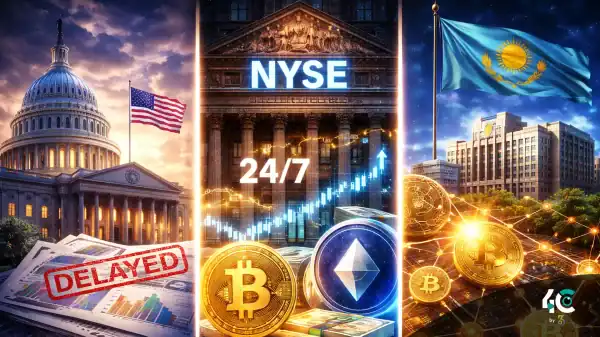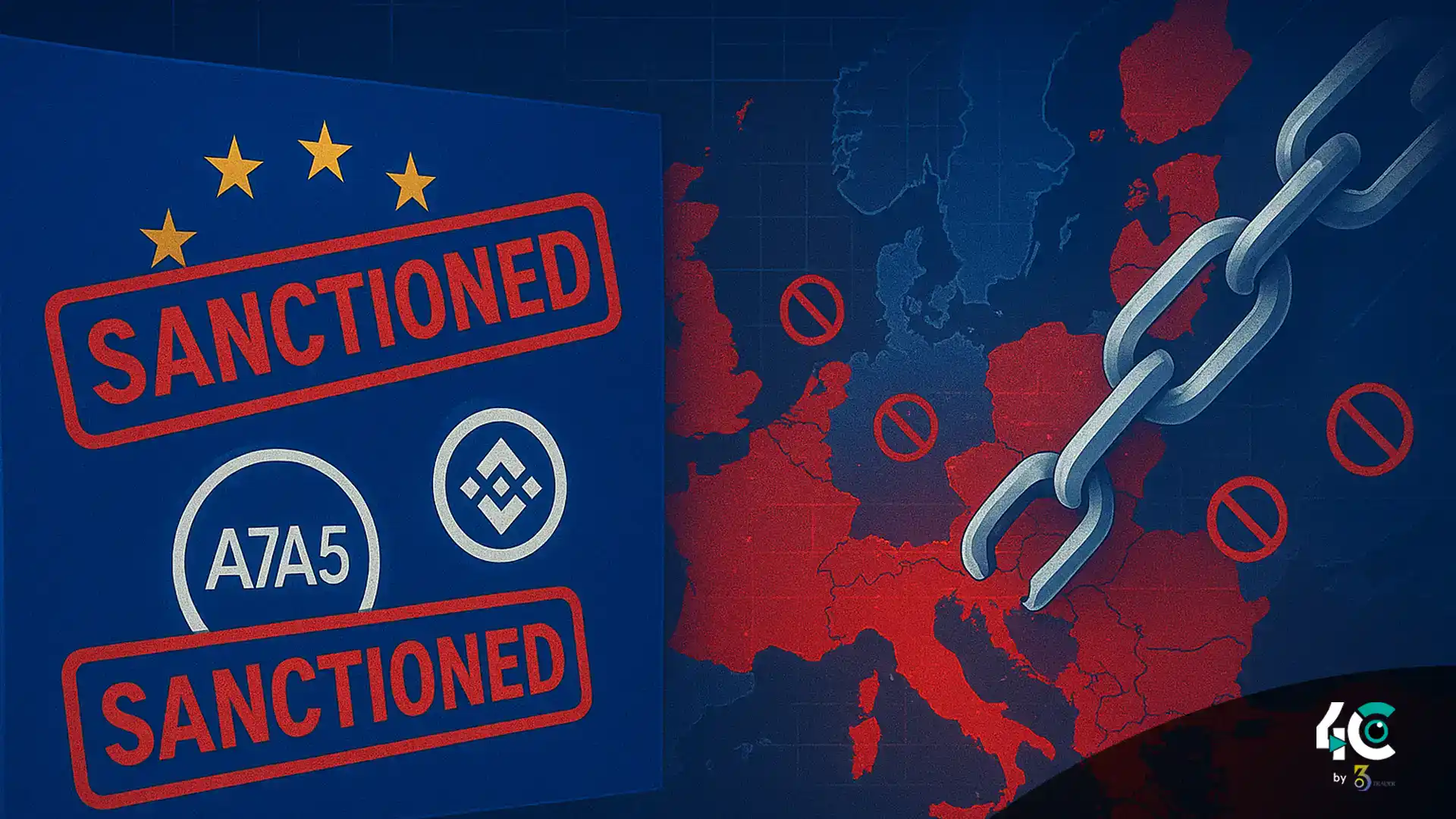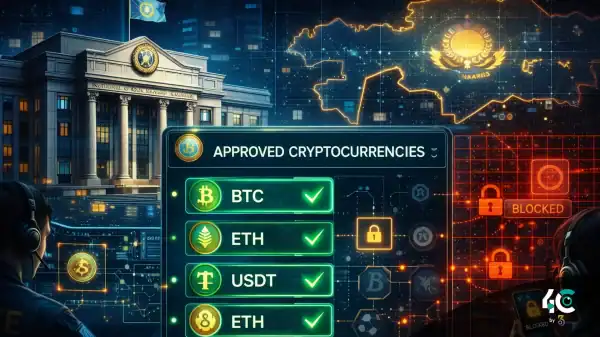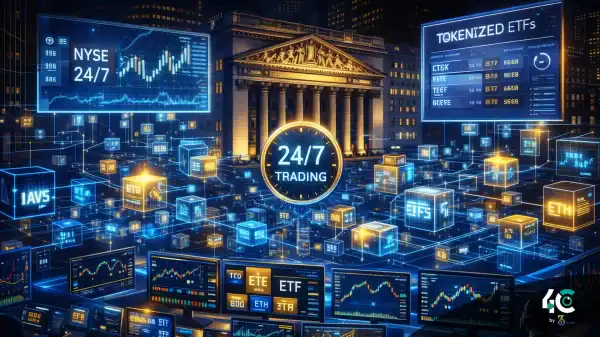EU Cracks Down on Russian Crypto Platforms with Latest Sanctions Package
The European Union has unleashed its 19th round of sanctions against Russia, marking a pivotal moment in the ongoing geopolitical struggle. For the first time since Russia’s invasion of Ukraine, the EU has turned its attention to cryptocurrency platforms. This new wave of restrictions is part of broader efforts to limit Moscow’s ability to bypass financial constraints imposed by the West.
Adopted on Thursday, the sanctions introduce a series of new measures that target Russian-based crypto payment providers, alongside a blanket ban on the distribution of related payment software throughout the EU. The sanctions also extend to a range of Russian energy firms, banks, and foreign entities in China, Kyrgyzstan, Tajikistan, Hong Kong, and the UAE—countries accused of helping Russia skirt earlier restrictions.
Fighting Crypto-Based Evasion: The EU’s New Strategy
Kaja Kallas, the EU’s high representative for foreign affairs, announced the package, stating, “This latest round targets Russian energy, banks, crypto exchanges, and entities in China, among others. We are also stepping up measures to regulate the movements of Russian diplomats to curb attempts to destabilize Europe.”
The European Council emphasized that Russia’s increasing reliance on digital assets to circumvent sanctions had become a major concern. “Recent activity shows Russia’s heightened use of crypto in its attempt to evade sanctions,” the Council stated.
One significant part of the sanctions is the ban on the A7A5 stablecoin, a ruble-backed digital asset that EU authorities say has been central to financing Russia’s war efforts. The package also targets the Kyrgyz issuer of this stablecoin and the operator of a digital platform where large volumes of A7A5 were traded.
Also Read : China Merchants Bank’s $3.8B Fund Joins the Blockchain Revolution on BNB Chain
Sanctioning Russian Crypto and Stablecoins: A Growing Trend
The EU’s latest move signals a significant shift in the global approach to sanction evasion via cryptocurrencies. The A7A5 stablecoin, which was seen as a key tool for Russia’s attempts to bypass financial restrictions, will now face a full ban across the EU. Additionally, at least eight banks and oil traders based in Tajikistan, Kyrgyzstan, Hong Kong, and the UAE have been slapped with transaction bans for their roles in helping Russia avoid sanctions.
This crackdown is a direct response to Russia’s increasing use of digital assets like Bitcoin and Tether to facilitate transactions, especially within the oil and energy sectors. According to reports, these cryptocurrencies have been used to process millions of dollars in payments, aiding Russian businesses in maintaining operations despite Western sanctions.
Tackling Crypto-Criminal Networks: The Global Effort Against Russia
The EU sanctions come amid growing concerns over cryptocurrency’s role in bypassing international sanctions. In March, Reuters reported that Russian oil companies had been using Bitcoin (BTC) and Tether (USDT) for cross-border transactions, with payments reaching tens of millions of dollars monthly.
In a related development, two Russian nationals residing in the United States were charged in July with facilitating transactions for sanctioned Russian entities. These individuals, Iurii Gugnin (also known as George Goognin) and Iurii Mashukov, were accused of laundering over $540 million through their crypto businesses, Evita Investments and Evita Pay.
This case highlights the increasing sophistication of crypto-based evasion networks and the growing role of blockchain technology in facilitating illicit financial flows.
The Global Impact of EU’s Crypto Sanctions on Russia
The EU’s continued crackdown on Russian crypto platforms and digital assets is just one element of a broader global effort to undermine Russia’s ability to use the digital financial ecosystem for sanctions evasion. As crypto becomes a more critical tool in global trade and finance, governments worldwide are scrambling to regulate its use, ensuring that it doesn’t become a loophole for state-backed criminal activity.
In the case of Russia, the EU’s strategic move to ban Russian crypto payment providers and stablecoins represents a key milestone in the global effort to use digital finance as a countermeasure to war and economic destabilization.



































